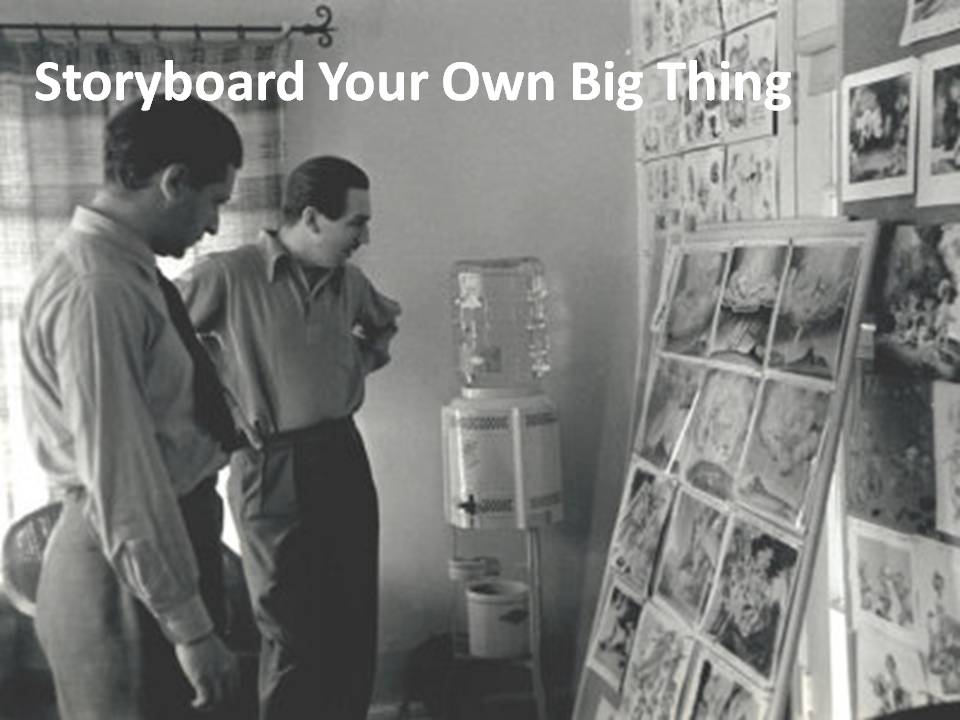Here are some specific and potentially provocative things about that interesting little document called a Statement of Purpose. If you agree or disagree with me, great! Put it in the comments. I’d love to get some more do’s and don’ts archived here.
Don’t talk about how, as a child, you loved to read and write. Everyone says that. For perhaps the first time in your life, you’ll be with your kind of people! I know that it’s important to YOU that your journey started when you were a kid, but it is not as important to me as what happened to you from that point on.
Do talk about who you read now, who influenced you. Everyone’s journey starts in a very similar way (at the library, at a desk making up weird stories, etc.), but then those journeys take lots of interesting forks. Don’t focus on how your story started, on your Act I. Focus on Act II. Because what you’re trying for is an Act III. Continue reading →



